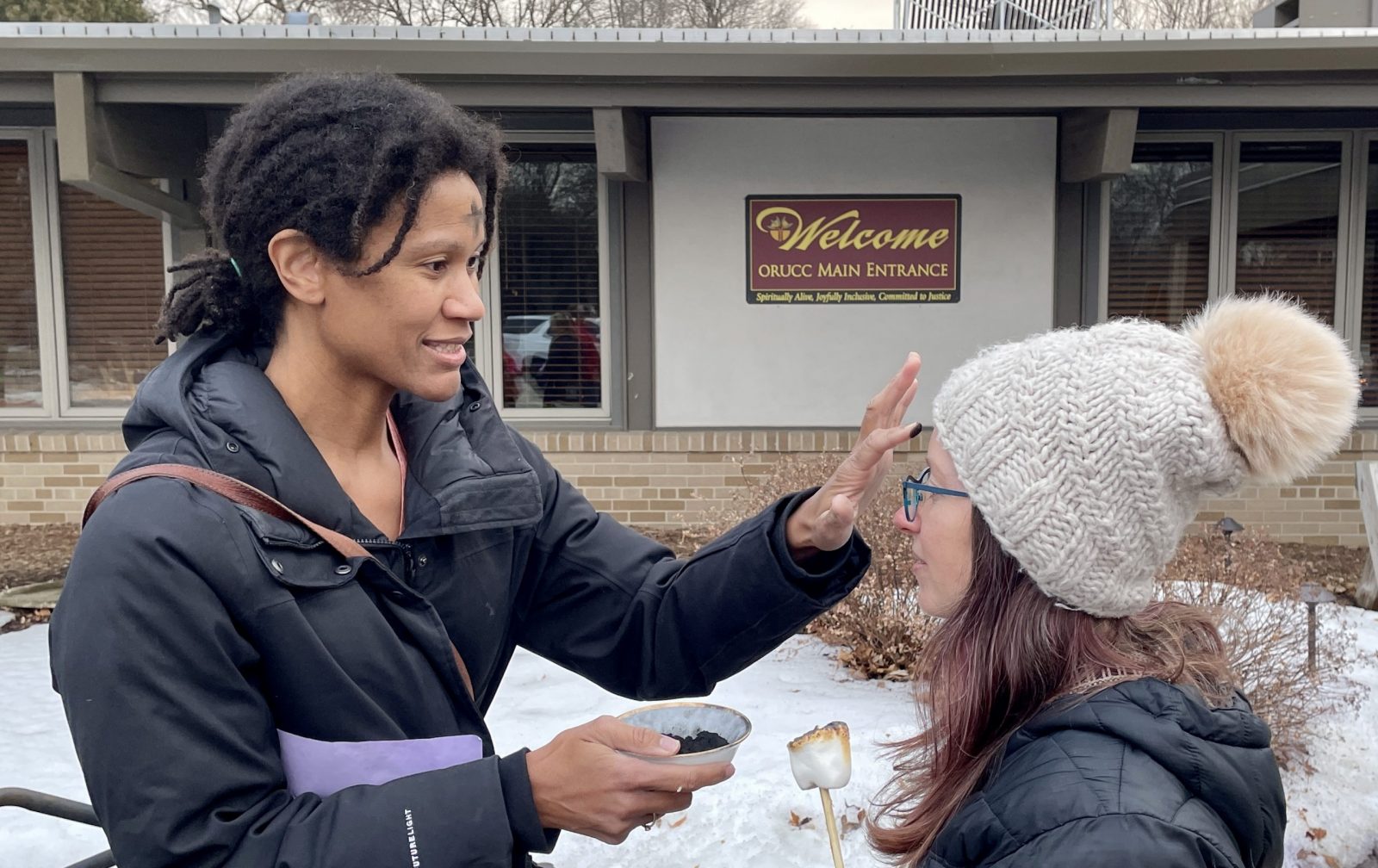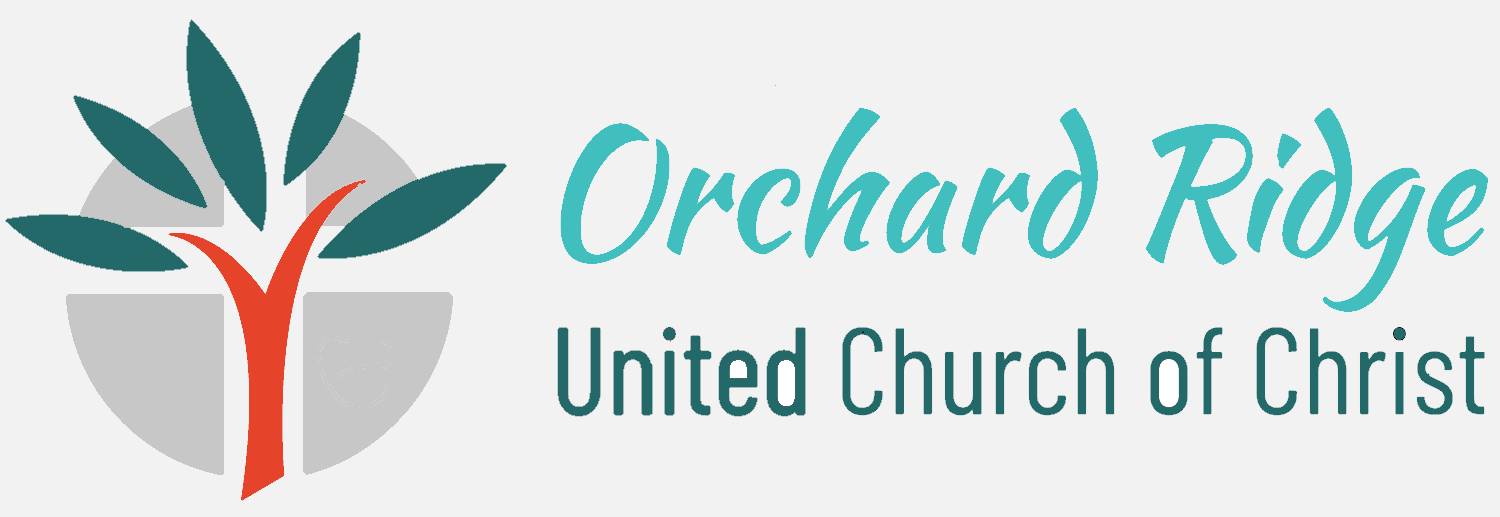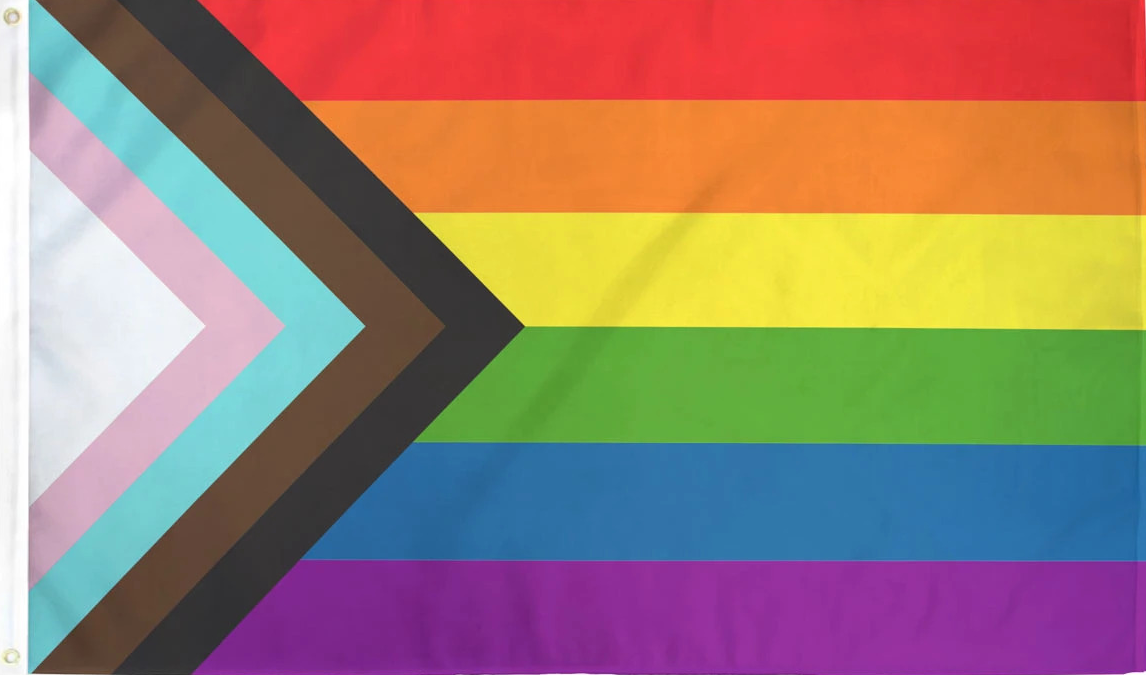Who we are, what we believe

Who we are
We are a progressive congregation striving to make the Christian faith relevant in today’s world. We are deeply committed to social action, a vibrant worship life, and a ministry with children and youth. Our commitment is to walk together in the journey of faith. While we are a distinctly Christian congregation, we welcome theological inquiry, insights from other faiths, and those with serious questions and doubts. Seekers and doubters abound in our midst among guests and members alike.
What we believe
As a progressive Christian church, we make room for individuals to find their own unique spiritual paths. We value questions, spiritual seeking and curiosity more than we value sure belief and right answers. There is no requirement to believe certain things in order to belong with us. We are enhanced by each other’s unique perspectives and we love the theological diversity in our community.
Some of us are new to Christianity. Some of us were raised in a progressive church. Some of us have left traditions which have caused us and others harm, and are still recovering and reconstructing new belief systems which seek to be in right-relationship and follow a God of love and justice. Some of us have always had an innate sense of God within us, and some of us are atheists and agnostic. Some of us are mystics and some of us are doubters. As long as our theological viewpoints do not actively harm others, all voices and perspectives are welcome and matter.
So what *do* you believe? Well, we really like these affirmations formed out of the Progressive Christian tradition called the Phoenix Affirmations. We can’t guarantee everyone in our congregation agrees with each of them, but they are a wonderful starting point which centers around loving God, loving the world and others, and loving ourselves. Check them out here.
Jesus
Some of us worship Jesus and others of us believe Jesus was an awesome example of humanity living up to our full capacity, fighting the powers that be, healing people and living fully into the Christ presence within, but that he was not the only child of God, that we are too.
We seek to follow the path of Jesus, to love one another as ourselves by caring for those in need, by respecting individual differences in thought and behavior, and by striving to live in right-relationship with other humans and with the earth. Following the path of Jesus often leads us to justice and to love. We love the world by working for a just society and caring for the natural world. Some of the programs we currently emphasize include racial justice, immigrant justice, gender equality, and care of creation.
The Bible
The Bible is part of our honored tradition and so we take the truth in Scripture seriously. But we do not take it literally. Along with Congregational minister John Robinson, we proclaim that “There is more light and truth yet to break forth from God’s holy word.”
Truth in other traditions
Loving our own tradition also means respecting and honoring the traditions of others. We cherish our own path as followers of Jesus, but we affirm that God loves all people and has provided other paths that are equally valid for others. We seek to learn from other traditions and practitioners, and explicitly teach our children the gifts of interfaith community and dialogue.
Original Goodness
We focus more on original goodness innate in human beings than on original sin. How can you deny God’s presence and goodness in humanity when looking at a newborn baby? We understand sin as structural, such as our participation in the harmful systems in the world like white supremacy and racism, sexism, classism, etc. We seek to dismantle these harmful systems, and dream of new ways to live into the Kingdom of God.
Our faith lived out in the world
We often understand the call of Jesus to create the realm of God here on earth. We feel a strong call both to enjoy and appreciate the world and to make the world a better place. We meditate, garden and march to experience God. We read, sing, and dance, and discuss ideas to feel the presence of the divine. We know the incarnate presence of God through the natural world, through the earth and through our human relationships. Some of us find the core of our faith to be one in action, in serving others and making the world a more just and nurturing place.
Our denomination
Our congregation is a member of the United Church of Christ, a denomination formed in 1954 from a merger of four groups including the Congregational, and Evangelical & Reformed Churches. Ours is a non-hierarchical church, meaning that each congregation is self-governing, all members are the ministers, and our ordained clergy are servant leaders.
We are proud that the UCC has often been in the forefront of liberal social movements. Its early member groups opposed slavery and supported women’s rights. The UCC was the first historically white denomination to ordain an African American; the first to ordain a woman; the first to ordain an openly gay man; and the first Christian church to affirm the right of same-gender couples to marry. We were in the forefront of the anti-slavery movement and the Civil Rights movement, and we believe that we need to continually remain open to God’s ever-revealing Spirit. We welcome and embrace people across the gender spectrum. We have staff and pastors at ORUCC who identify as gay and queer.
Our mission statement
We strive to be spiritually alive, joyfully inclusive and committed to justice.
Our Covenant
“Believing in the Creator, in the Christ, and in the Holy Spirit, we covenant together in this church to walk in the ways of God known or to be made known to us. As a community of concern, we pledge to worship together, learn together, and work together to build loving relationships with all people and to live in healthy balance with all of God’s creation.” –- Covenant of Orchard Ridge United Church of Christ.
Being a covenantal community means we place our primary emphasis on who we are together. We pledge to live in community with others and with Christian tradition. While we acknowledge that God is Mystery, we often affirm the divine to be discovered and rediscovered as the source of love and as a lover of justice.




